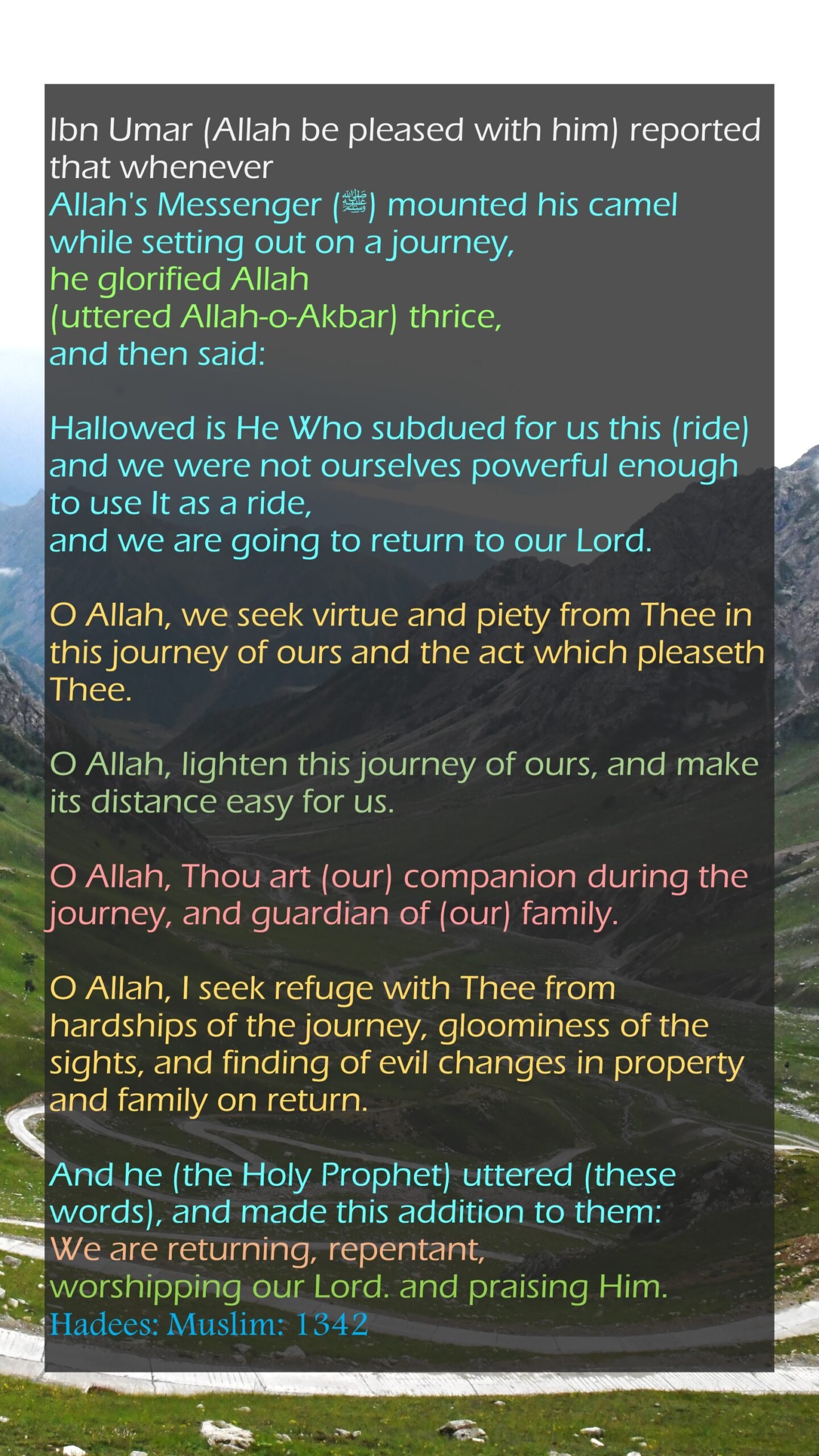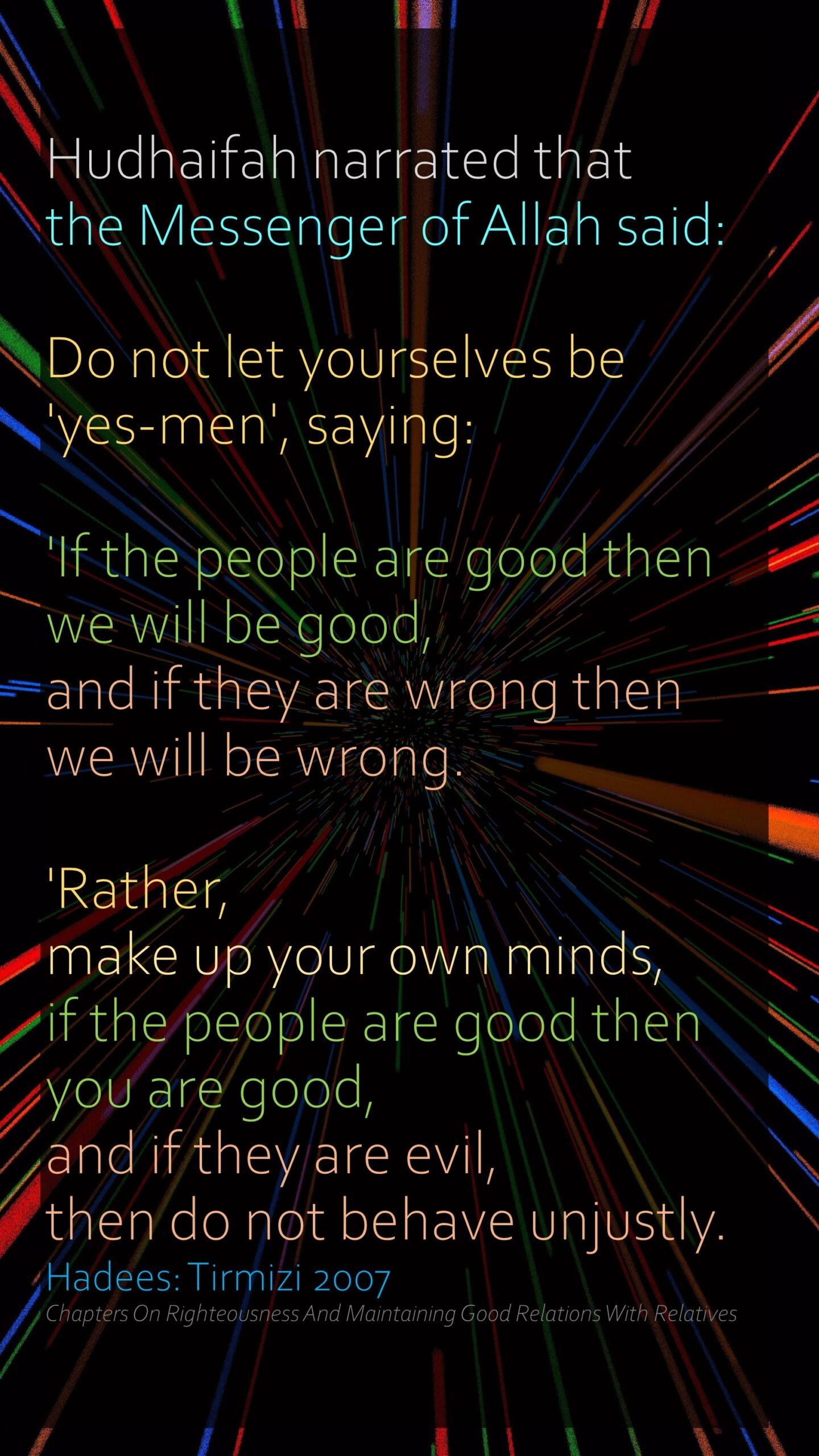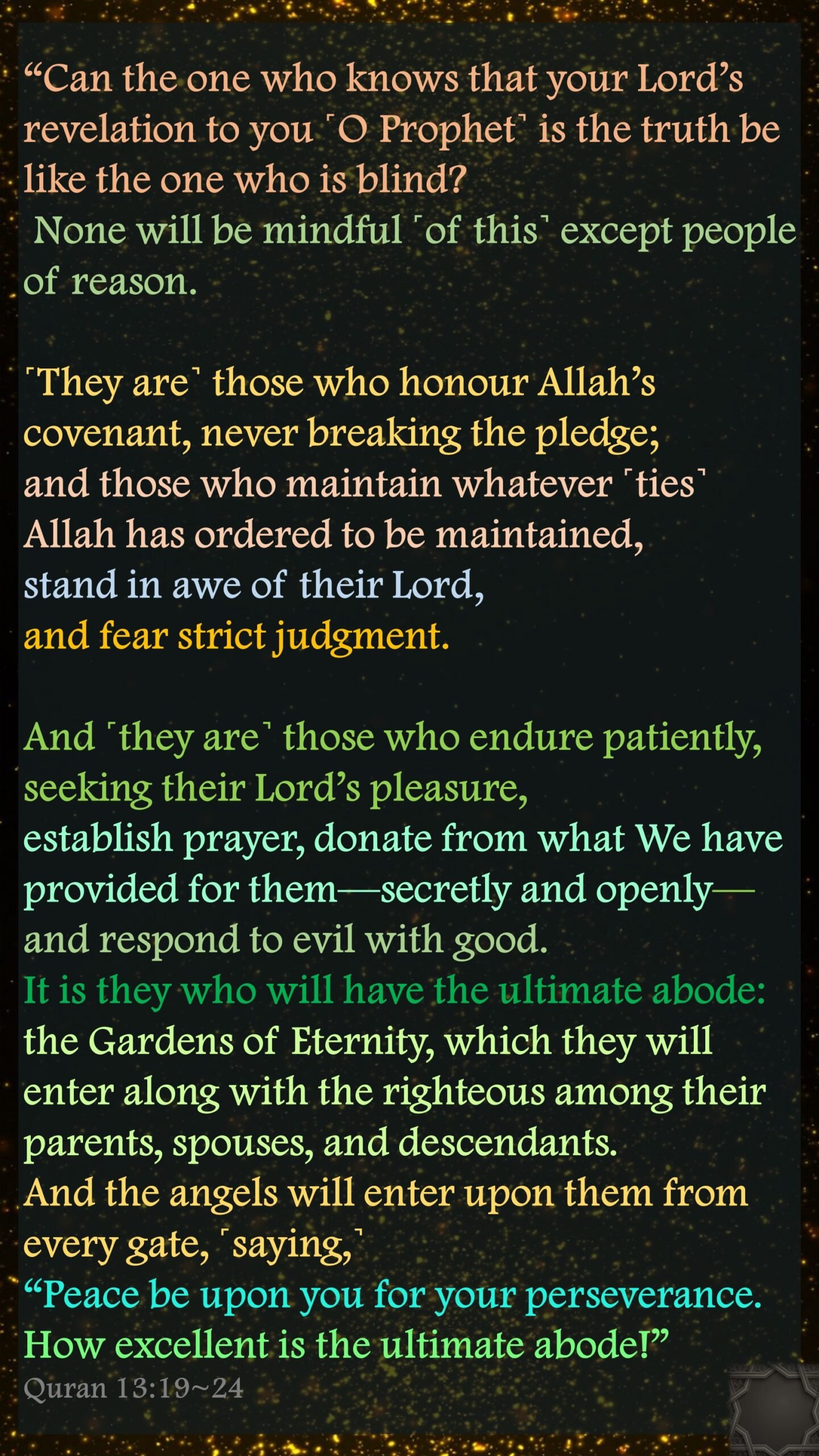Skip to Content
Tag Archives: evil
- Home -
- Posts tagged "evil"
( Page6 )
7
Oct, 2023
Hadees, Islam
3235, ahmed, Allah, authentic, avoid, bukhari, daily, deeds, evil, Fitnah, forgive, good, hadees, inspirations, islam, islamic, learn, Mercy, Muhammad, musnad, Namaz, Near, poor, prayer, prevent, protect, recite, Sahih, supplication, Tashahud, Tirmizi, true
16
Jul, 2023
Hadees, Islam
Allah, Allah-hu-Akbar, changes, companion, daily, distance, easy, evil, gloomliness, Guardian, hardship, inspirations, islam, islamic, journey, Lord, piety, please.enlighten, power, praise, property, refuge, repentant, return, ride, seek, sight, subdue, supplication, travel, virtue, worship
16
Jul, 2023
Hadees, Islam
Allah, daily, do not, evil, exercise, good, inspirations, islam, islamic, messenger, mind, Muhammad, PBUH, people, SAWW, unjust, wrong, yes-man
14
Jul, 2023
Hadees, Islam
Allah, daily, day, dominion, evil, goodness, grave, Hell-fire, helpless, inspirations, islam, islamic, laziness, old age, partner, praise, Punishment, refuge, worship
5
Jul, 2023
Islam, Quran
Allah, avoid, ayat, better, corruption, daily, deed, eternal, evil, evildoer, good, home, inspirations, islam, islamic, paradise, punish, quran, reward, righteous, Surah, tyranny
17
May, 2023
Islam, Quran
Allah, ayat, better, daily, deed, evil, evildoer, good, inspirations, islam, islamic, quran, rewar, Surah
30
Apr, 2023
Islam, Quran
Allah, an-Naml, ayat, better, Chapter 27, daily, deed, evil, face, fire, First, good, horror, hurled, inspirations, islam, islamic, quran, reward, secure, Surah, Verse 89, verse90
22
Apr, 2023
Hadees, Islam
Allah, alms, avoiad, charity, daily, deed, evil, good, inspirations, islam, islamic, quran, sadaqa
31
Mar, 2023
Islam, Quran
All-Seeing, Allah, ayat, believer, daily, day, early, end, evil, good, good-doer, inspirations, islam, islamic, mindful, night, patient, Prophet, protector, quran, Surah, wipe, wrongdoer
31
Mar, 2023
Islam, Quran
abode, Allah, Angels, awe, ayat, blind, covenent, daily, desendants, endure, Eternity, evil, excellent, Gardens, gatemperseverence, good, inspirations, islam, islamic, judgement, Lord, mindful, openly, parents, patiently, pleasure, pledge, prayer, provision, quran, revelation, rughteous, secretly, spouses, Surah, ultimate










